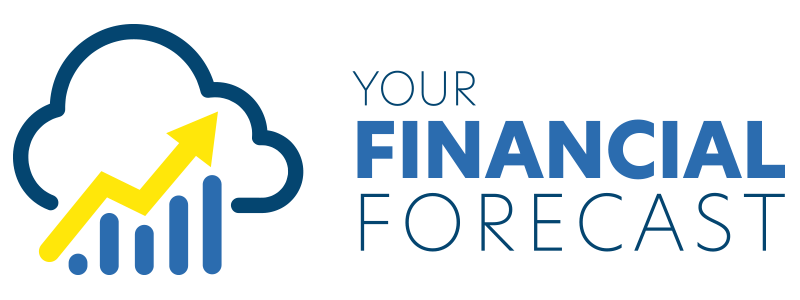Personal finance is an area of life that is often put on the back-burner. This may happen when an individual does not grow up in a household where proper personal finance lessons and guidance is given. Although the school system attempts to teach this skill set, the classroom often falls short in real life application. Personal finance is like personal fitness. One can learn by listening to lectures and reading, but to truly grow, one must put these lessons into practice.
Ultimately, practice makes progress. The books below are some of the most popular books that will simplify the overwhelming topic of personal finance. These stories will, in result, teach the reader to think about personal finance differently.
Rich Dad Poor Dad
Rich Dad Poor Dad, written by Robert Kiyosaki and Sharon Lechter, examines the importance of improving one’s financial literacy. By comparing Kiyosaki’s father (poor dad) with a role model father figure (rich dad), Kiyosaki distinguishes two schools of thought when it comes to money management. His father, whom lived by the practice of earning and saving, was a hard worker and stressed the typical roadmap: get a good degree, work hard, and save money. Despite his efforts, poor dad stayed poor. In contrast, rich dad taught Kiyosaki to use money as a tool to build wealth. Rich Dad Poor Dad is a must read for those who want a new perspective on their personal finance blueprint.
The Millionaire Next Door
In the Millionaire Next Door, Thomas J. Stanley and William D. Danko, points out a surprising fact. Contrary to what one would believe, there are actually more millionaires who live within the category of ‘blue collar’ and middle class, than there are in the ‘white collar’ communities. One of the reasons the book explains is that those in the white collar categories tend to spend more than they earn. This drive derives from social comparisons within the neighborhood they live. Compared to a family living the ‘blue collar’ life, they don’t have the outward appearance of being wealthy. They tend to disregard luxuries in the form of materials. Because of this mindset, they are able to accumulate wealth. This is a great read for anyone who is ready to be challenged by what wealth truly looks like.
The Richest Man In Babylon
The Richest Man in Babylon is a book based in the ancient city of Babylon. Although dated, the advice and guidance the book gives through parables is still applicable today. The book teaches basic principles that provide a foundation for wealth building. For example, to accumulate wealth, one must pay themselves first. For example, about 10 percent of take home pay should go straight into savings, as a way to pay the person in the mirror first, before paying anyone else for their services. Pay off debts and obligations first and foremost before paying for goods that may be beyond one’s means and aim to live on 90% or less than what is earned.
The books listed above can create a clearer picture of what true wealth means. Like exercise, baby steps can be taken to increase wealth. Start small by saving just a little more than what is currently saved and accumulate wealth through the knowledge and experiences of others who have successfully built their fortune.


I will be sure to read them all.
Thank you so much!
I will try to find them in the library